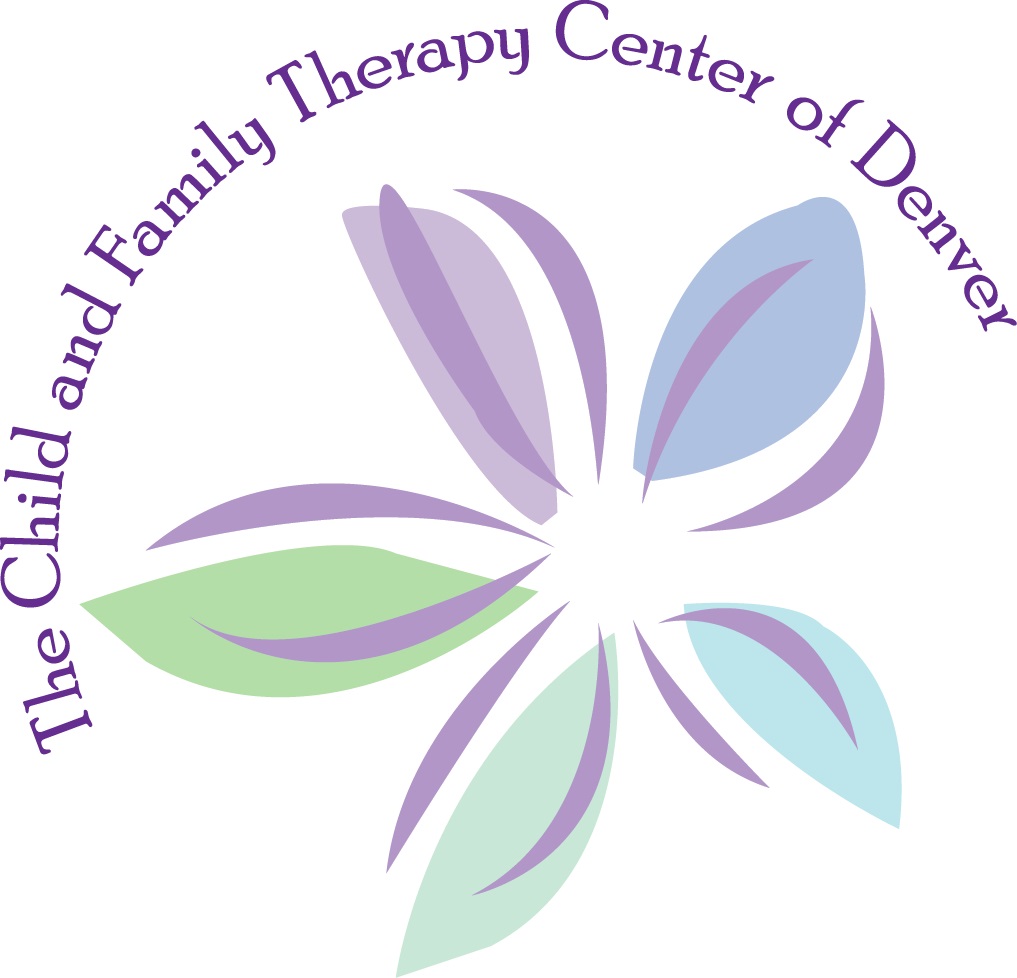Mental Health and Wellness in Kids: What to Know and How to Support Your Child
What does good mental health look like for children?
- Mental health is about more than how we feel — it’s also about how we perceive the world and react to it. It’s about how we connect to others, make choices and deal with stress. Ideally, it begins with a state of emotional well-being that affects all these factors. A child’s ability to cope with stress in effective, age-appropriate ways is one basic measure of good mental health in kids. Take tantrums, for example. A 2-year-old’s anguished response to not getting an extra cookie, while extreme, is pretty typical of the age. The same response to the same thing in a 12-year-old, on the other hand, would be cause for concern. Ideally, as we grow, we learn better tools to cope with what life throws at us.
How can I promote good mental health for my kids?
-
The foundations of good mental health and good physical health are basically the same. Adequate sleep, a healthy diet, and consistent physical activity keep kids (and adults) feeling mentally and physically at their best. Beyond those basics, good mental health is in many ways about relationships: learning how to interact with and relate to others in constructive, mutually beneficial ways. So be sure to devote time to your relationship with your child. Make time for fun and play, and try not to overschedule. If possible, leave time in the week that’s free and open, when your kids can spend time with you and talk or play. Perhaps most of all, focus on the positive. Instead of devoting attention to the challenges of your relationship, focus on what’s good, and what your kids are doing right. Your kids want your approval. Often, promoting the positive will take care of the negative on its own.
Does Therapy work?
-
Short answer: yes. Long answer: today’s psychotherapy is quite a bit different from the popular but outdated image of a patient reclined on a couch recounting dreams and childhood experiences while a poker-faced therapist jots inscrutable notes. Which is not to say dreams and childhood experiences aren’t fair game for discussion, but in practice, evidence-based psychotherapy is more directed toward identifying problems and implementing solutions. Kids get antibiotics when they get strep throat because there’s a body of evidence to show that antibiotics are an effective way to treat strep. In the same way, a body of evidence shows the effectiveness of cognitive-behavioral therapies that address anxiety, depression and compulsive disorders specifically calibrated to a child’s developmental stage. These therapies are based on years and years of research, and the evidence is in: they work.
More question and answers at https://www.childrenscolorado.org/
